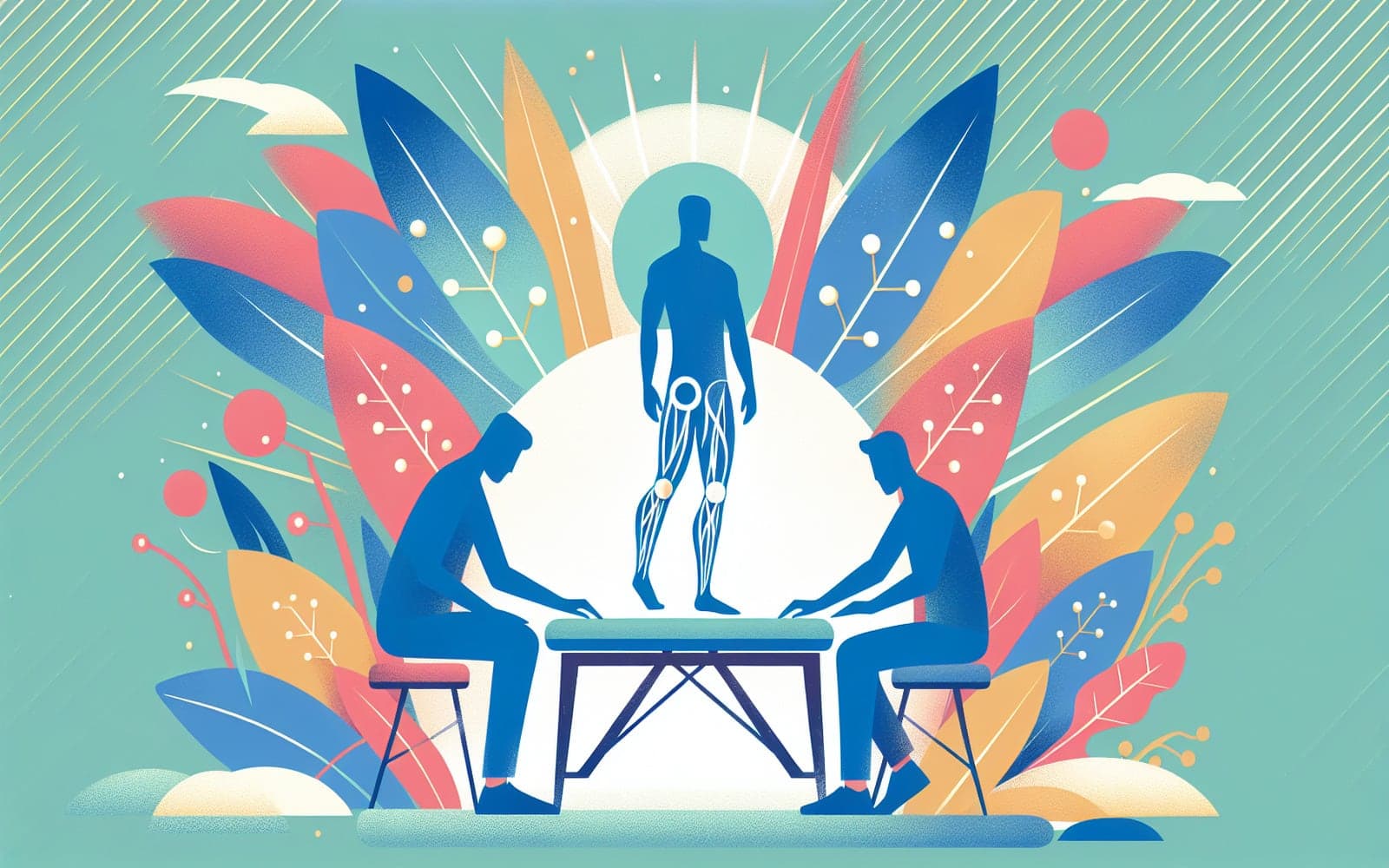Contents
-
What is RICE Therapy?
-
How to Apply RICE Therapy
-
Beyond RICE: Additional Treatments
RICE Therapy: The First-Line Treatment for Quadriceps Injuries
RICE Therapy: The First-Line Treatment for Quadriceps Injuries
Why It Matters
RICE therapy is a crucial first step in treating quadriceps injuries. Understanding this approach can help speed recovery and reduce complications.
Contents
-
What is RICE Therapy?
-
How to Apply RICE Therapy
-
Beyond RICE: Additional Treatments
What is RICE Therapy?
RICE stands for Rest, Ice, Compression, and Elevation. This approach aims to reduce pain, swelling, and further damage immediately after injury. It's most effective when started within the first 24-48 hours.
How to Apply RICE Therapy
Rest the injured leg by avoiding activities that cause pain. Apply ice for 15-20 minutes every 1-2 hours. Use a compression bandage to reduce swelling, but not so tight it restricts blood flow. Elevate the leg above heart level when possible.
Beyond RICE: Additional Treatments
While RICE is the initial treatment, other therapies may be needed. These can include gentle stretching, strengthening exercises, and in some cases, pain medication. Always consult a healthcare professional before starting any treatment regimen.
FAQs
How long should I continue RICE therapy?
Typically for the first 24-72 hours after injury, or as advised by a doctor.
Can I use heat instead of ice?
No, heat can increase swelling in the first 48-72 hours after injury.
Is RICE therapy effective for all quadriceps injuries?
It's beneficial for most, but severe injuries may require additional treatment.
The Bottom Line
RICE therapy is a simple yet effective first-line treatment for many quadriceps injuries, but professional medical advice is crucial for proper recovery.
Additional References
-
Järvinen TA, et al. Am J Sports Med 2005; 33:745.
-
Orchard J, et al. Clin J Sport Med 2005; 15:436.
This article has been reviewed for accuracy by one of the licensed medical doctors working for Doctronic.












